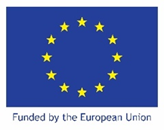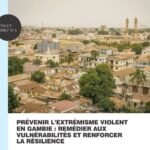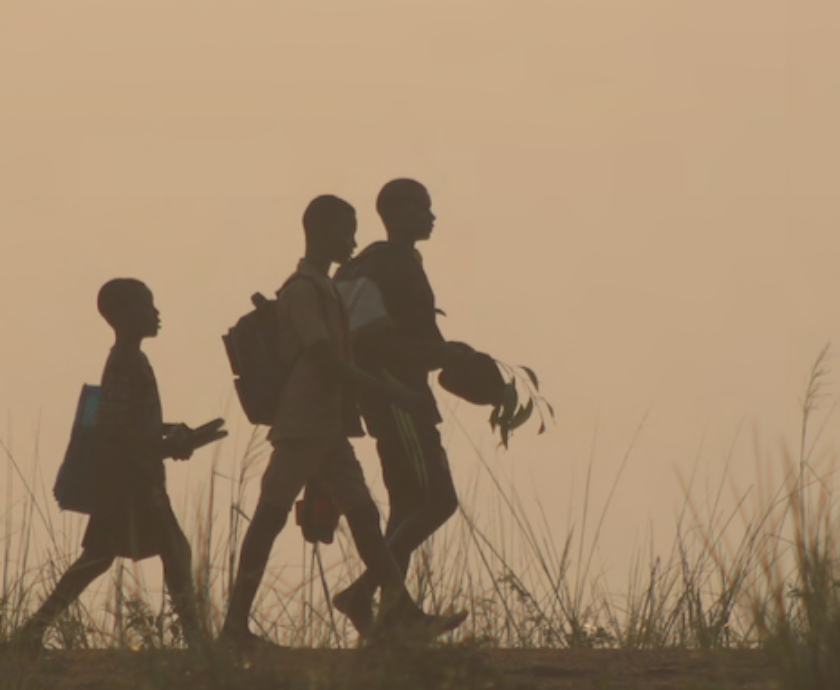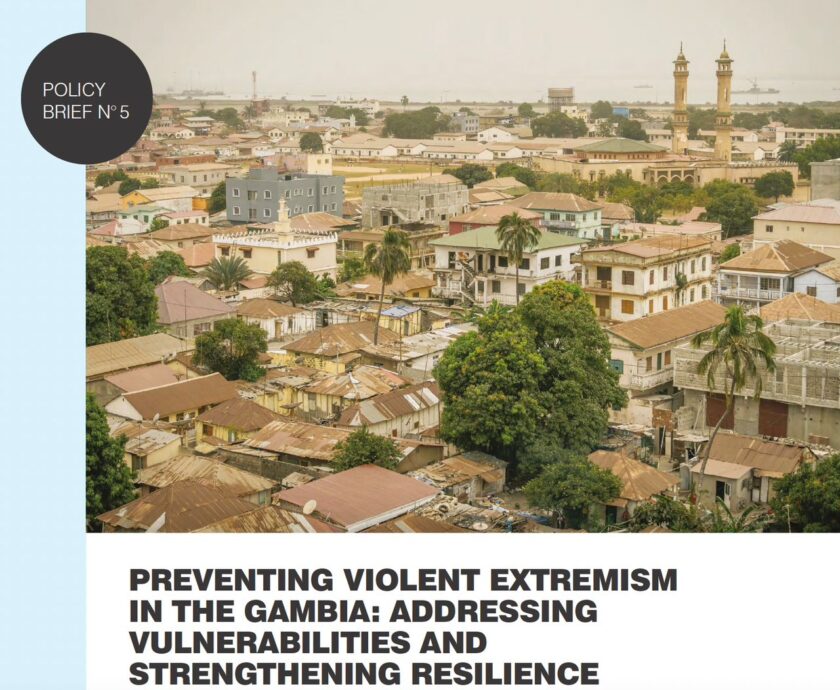Executive summary:
Since the early 2000s, Mauritania has been exposed to violent extremism, much like its neighbour Algeria. Between 2005 and 2011, the country was the target of attacks carried out by groups affiliated with the Salafist Group for Preaching and Combat (GSPC), and later with Al-Qaeda. Since 2008, the Mauritanian authorities have dismantled several ‘sleeper cells’. However, since 2011, Mauritania has stood out as an exception in a region where attacks occur daily and violence against civilians claims large numbers of victims, particularly in Mali, Niger, and Burkina Faso. According to the 2024 Global Terrorism Index, Mauritania is considered a country with ‘no impact from terrorism’. In contrast, Burkina Faso is the most affected country in the world, while Mali and Niger rank fourth and fifth respectively. Violent extremist groups linked to Al-Qaeda and Islamic State have established a lasting presence in the central Sahel, and pose a threat to all neighbouring countries. The current situation of violent extremism in Mauritania, when compared with regional developments, makes the country appear something of an ‘exception’. Mauritania, which is an Islamic republic, developed a national strategy to combat terrorism and transnational crime in 2012, and introduced a number of measures, such as initiating dialogue with jihadists in prisons in an effort to combat extremism on the ideological front. This Policy Brief traces the origins of the strategy through documentary analysis and semi-structured individual interviews conducted in the country with institutional actors who participated in the development and implementation of Mauritania’s strategy to combat terrorism and transnational crime. It presents the gradual development of this strategy and the recommendations that emerge from it.
About The Author
Mohamed Vall Cheikh Sidi Abdallah
After Koranic studies, he completed his primary and secondary studies
in Aîoun El Atrouss and in Nouakchott, where he obtained a Baccalaureate
A (modern French literature) in 1974. He was then referred to the École
Normale Supérieure, from which he graduated as a language teacher (Arabic/French).
Since 2023, he has served as President of the Lebanese International University in Mauritania (LIU).






